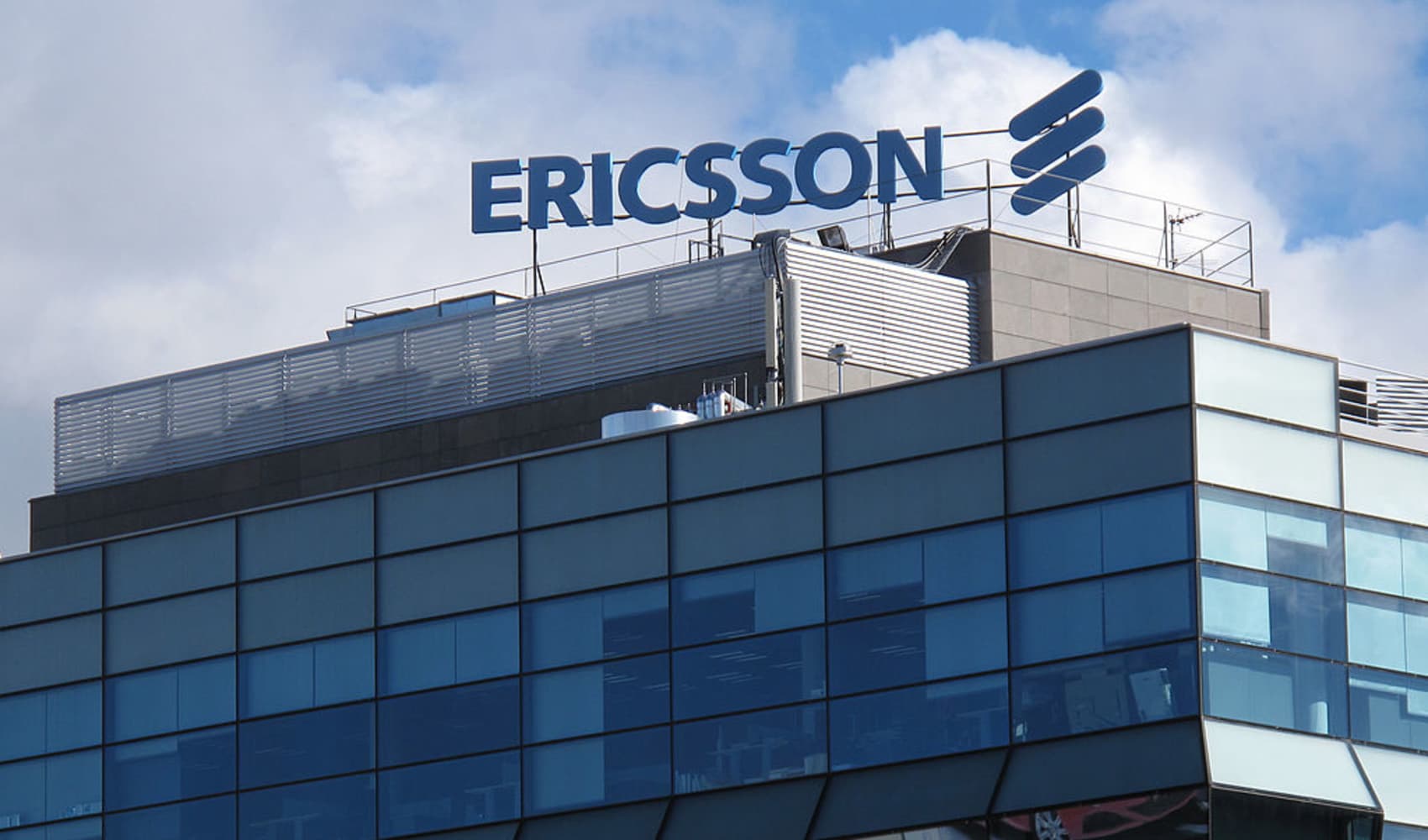
- Reflecting on the EU's decision to adopt higher tariffs on Chinese EV imports, Xpeng President Brian Gu, said that this has put "a lot of pressure" on the company's business model.
- The firm has a "long-term focus" in the continent and is aiming to "find every possible way to address and make ourselves competitive," he told CNBC.
- Earlier this month the EU voted to adopt definitive tariffs on imports of China-made battery electric vehicles, in a major blow to the Chinese EV industry.
Chinese electric vehicle maker Xpeng remains committed to Europe for the long term despite pressure it faces from the European Union's tariffs, according to a top company official.
"Our plan for Europe is a very long term one," Brian Gu, Xpeng's vice chairman and co-president, told CNBC's Charlotte Reed Monday at the Paris Motor Show.
Reflecting on the EU's decision to adopt higher tariffs on Chinese EV imports, Gu said that this has put "a lot of pressure" on its business model.
However, he added that the firm has a "long-term focus" in the continent and is aiming to "find every possible way to address and make ourselves competitive."
Gu said that Xpeng is currently reviewing multiple aspects of its business strategy — including product range, business model and pricing — as it evaluates the impact of EU tariffs.
Money Report
He didn't confirm whether Xpeng plans to pass the costs of tariffs on to its customers.
"There's a number of areas we are looking at, examining, [and] trying to optimize," he said.
Get a weekly recap of the latest San Francisco Bay Area housing news. Sign up for NBC Bay Area’s Housing Deconstructed newsletter.
Longer term, Gu said that Xpeng plans to become "more local" in Europe, ramping up its manufacturing capabilities in the region.
"Having local manufacturing capabilities is something a company with a long-term plan and a long-term vision has to do, It's not because of tariffs, it's not because of short-term policy changes," Gu told CNBC.
Earlier this month the EU voted to adopt definitive tariffs on imports of China-made battery electric vehicles. The development was a major blow to the Chinese EV industry, which has been making significant inroads into Europe over the last several years.
The EU first announced it would slap higher tariffs on Chinese electric vehicle imports in June. At the time, the bloc said that China's firms benefit "heavily from unfair subsidies" and pose a "threat of economic injury" to EV producers in Europe.
Duties were also disclosed for individual companies, depending on the extent of their cooperation with the probe. Provisional duties were put in place from early July, but were revised in September based on "substantiated comments on the provisional measures" from interested parties.
Tesla, which had voiced concerns at the rate of tariffs proposed for its China-made EVs, saw its proposed tariff lowered from as much as 20.8% to 7.8%.
More costs for the industry
Gu's comments are more tame than some of his peers in the Chinese EV industry. On Monday, Stella Li, executive vice president of Warren Buffett-backed EV firm BYD, said the EU's planned tariffs on Chinese-made EVs were based on incorrect calculations. She added that the decision was unfair.
"Politicians should stay away from tariffs, adding more cost to auto manufacturing and confusing the auto industry," she said, in comments reported by Reuters from the Paris Motor Show.
Last month Chinese EV maker Nio's CEO and founder William Li also criticized the EU tariffs, saying on a company earnings call that the duties were "unreasonable" and go against the "sustainable development of all humankind."
The U.S. has also expressed concerns over the influence China has on the EV market. In May, the Biden administration introduced a 100% tariff on Chinese-made electric vehicle imports to the U.S.
Among the top concerns the Biden administration has expressed about China's EV industry is that it's helping companies overproduce cheap clean energy vehicles that outpace domestic demand, effectively distorting the market.
In response to the EU tariffs, the China Chamber of Commerce to the EU has previously expressed "deep disappointment" with what it called the bloc's "adoption of protectionist trade measures."






